US irate as Iran bars IAEA inspector over traces of explosive nitrates
The US has reacted with fury to Iran's blocking of an International Atomic Energy Agency (IAEA) inspector who tested positive for suspected traces of explosive nitrates.
Speaking at a special meeting of the IAEA's 35-nation Board of Governors in Vienna on Thursday, Iranian Ambassador Kazem Gharibabadi said a detector for explosive nitrates went off when the inspector attempted to enter the Natanz uranium enrichment plant on October 28.
“The detector’s alarm went off and it was signaling to a specific person,” he said. “They (the authorities) have repeated this procedure again and again, and unfortunately, the results were the same all the way for only that specific inspector.”
Gharibabadi noted that the woman "sneaked out" to the bathroom while officials looked for a female employee to search her.
After her return, he added, the alarms did not go off again, but authorities found contamination in the bathroom and later on her empty handbag during a house search.
The Iranian official also expressed hope that further tests by Iran and the IAEA would explain what happened.
“Needless to say that Iran, like all other members of the agency, cannot condone any behavior or action which may be against the safety and security of its nuclear installations, especially ... considering the past sabotage attempts in its nuclear facilities,” he said.
The incident drew the ire of the United States, with Secretary of State Mike Pompeo claiming that the inspector had been "detained" in an "outrageous and unwarranted act of intimidation."
"IAEA inspectors must be allowed to conduct their critical work unimpeded," he said in a statement on Friday. "We call on Iran to immediately resolve all open issues with the IAEA and to afford Agency inspectors the privileges and immunities to which they are entitled."
Iran’s nuclear industry has been targeted by sabotage and its scientists assassinated in the past.
In 2010, Stuxnet, a cyber weapon widely believed to have been made by the US and Israel, hit a uranium enrichment facility at Natanz, in the first publicly known example of a virus being used to attack industrial machinery.
Tehran later developed an indigenous firewall securing its sensitive industrial facilities against Stuxnet.
On Thursday, the Atomic Energy Organization of Iran said that it had canceled the IAEA inspector's accreditation after the alarm at the entrance to the Natanz facility raised concerns she could be carrying a "suspect product" on her.
Iran says IAEA officials were present for all the searches, but the UN agency is yet to comment on the incident involving its inspector.

US intel report: Iran ‘not building nuclear weapon’
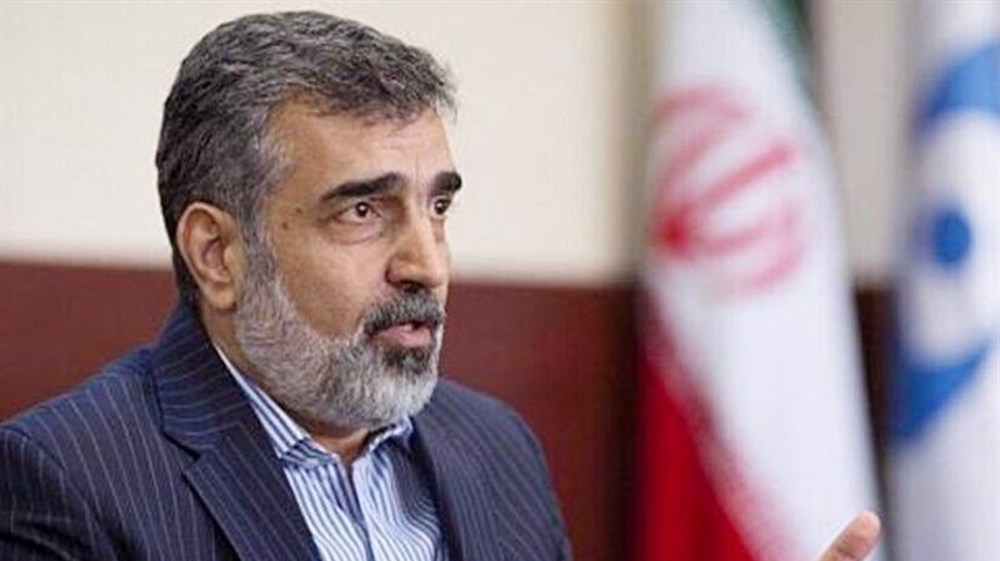
Iran warns against ‘adverse’ consequences of West’s undue pressure
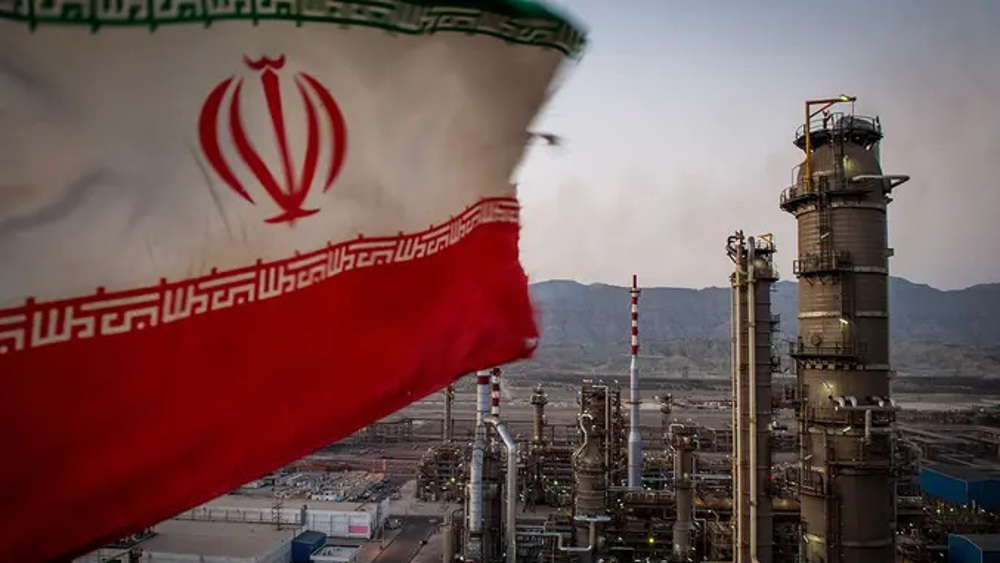
US imposes new round of sanctions against Iran
US launches more airstrikes on various areas across Yemen
VIDEO | Press TV's news headlines
VIDEO | Parisians hold rally in support of Palestinians
Nigerian security agents plan fresh attacks on followers of Sheikh Zakzaky in Abuja: Report
Bill to seize mosques in India gains presidential assent
Over 600,000 children in Gaza at risk of ‘permanent paralysis’: Ministry
VIDEO | US, Europe anti-Trump protests
Yemen accuses US of targeting civilians in Eid airstrike


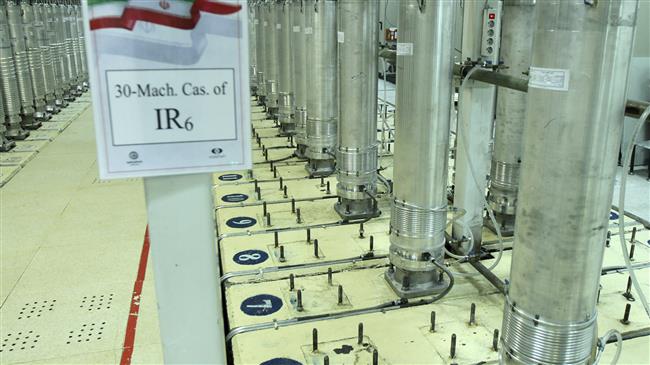






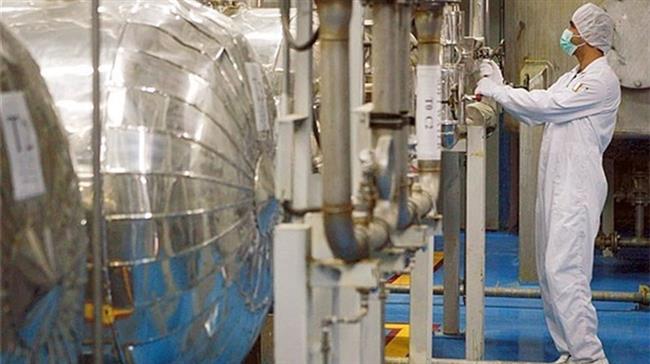
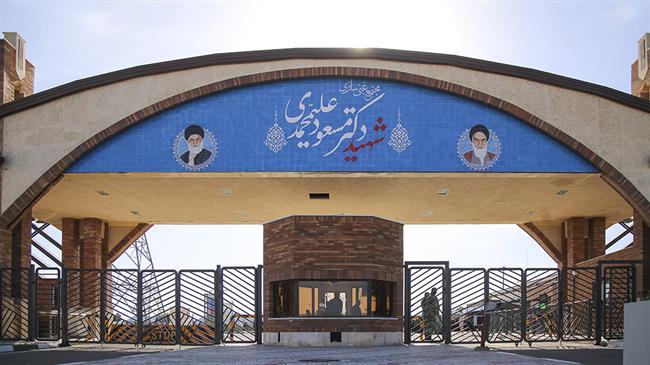


 This makes it easy to access the Press TV website
This makes it easy to access the Press TV website